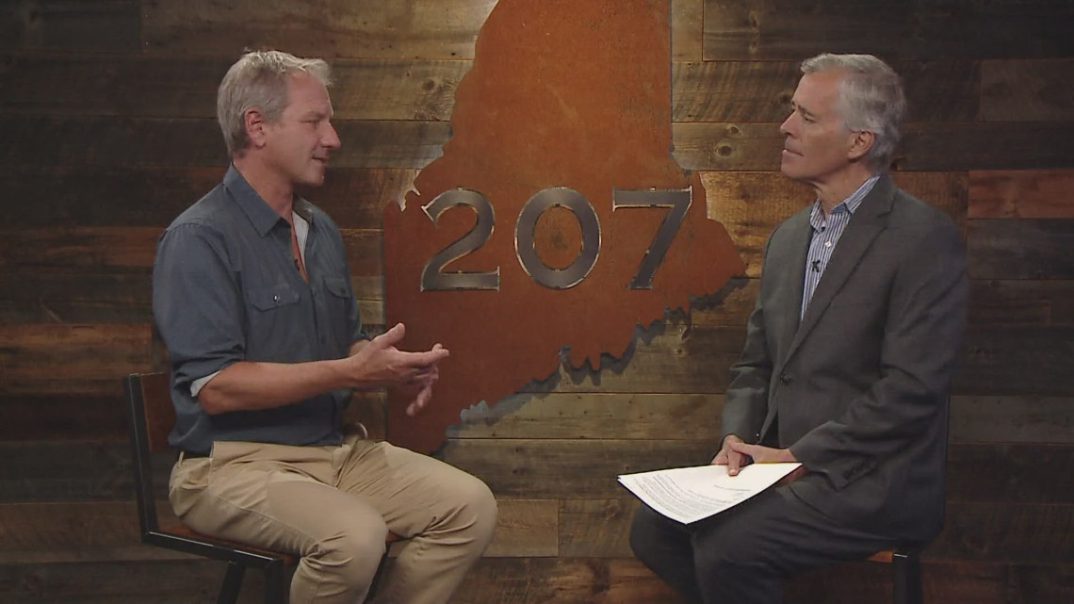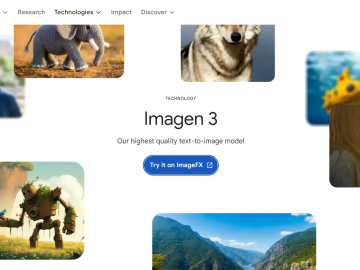Rich Brooks from Flyte New Media takes a look at AI and how businesses can make it work for them.
PORTLAND, Maine — With new AI products being released seemingly daily, including Apple’s new iPhone with “Apple Intelligence,” it seems like the whole world is going AI.
Many Maine businesses are trying to figure out where this leaves them and how to integrate this into their own business plans. To make sense of all this, we turn to our tech guru, Rich Brooks from Flyte New Media.
OpenAI, Google, Apple, and seemingly every company is releasing products powered by AI… is there a lot of consumer demand for these products?
It’s an interesting question, because just last month there was a study that showed that consumers were less interested in buying a product if it was labeled with “AI.” Another survey showed that only 30 percent of consumers trust “generative AI,” which are tools like ChatGPT or Claude.
There’s also been a fair amount of press and jokes from late night talk show hosts about some of the completely wrong answers provided by Google’s AI Overview in the search results, including how people should be eating at least one small rock per day and gluing cheese to their pizza if they don’t want it to slide off.
So, should Maine companies hold off on using AI in their business?
I don’t think that’s the right takeaway here. Even if consumers aren’t looking for coffee makers powered by AI, there are plenty of ways Maine companies can use AI that aren’t necessarily customer facing.
You could use AI to streamline operations. Or to enhance your reporting capabilities. To help craft standard operation procedures for your company. To take notes during a meeting and then have AI create to-dos for everyone afterward. Employees can even create a digital doppelgänger of themselves to help with generating ideas and doing simple tasks.
Digital doppelgängers… what’s that?
A digital doppelgänger is an AI-powered version of yourself trained for a specific task.
For example, if your job is to write grant proposals, you could feed ChatGPT a few examples of previous, successful grants you wrote so it understands your writing style, then feed it the details for a new grant and it could write a first draft of the new grant proposal in your voice.
You could do the same for blog posts, presentations, social media posts, or even emails. This could literally save you hundreds of hours over the course of a year.
What do you see as some of the biggest challenges for companies trying to implement AI?
I feel that too many business leaders—myself included—suffer from “shiny object syndrome.” We hear of stories of other companies succeeding with AI, and so we want to throw AI into everything.
I just came back from an AI marketing conference where this brilliant business leader Kate Robbert shared examples of companies that implemented AI to solve “problems,” but no one—not the customers nor the employees—considered these to be problems.
Her recommendation was that we first determine where the challenges in our companies are, then we can determine if AI will be part of the fix.
You have your 10th annual Agents of Change Digital Marketing Conference coming up on October 9 and 10… can I assume you’ll be covering AI?
Of course! We’ll have sessions specifically around how to implement AI successfully in your marketing, how to create AI-powered chatbots, and more. We even have a half-day workshop on implementing AI on 10/10… although that one may have already sold out.
Still, if people are trying to figure out how—or even if—they should be using AI in their marketing and their business, they’ll pick up a lot of great ideas at this year’s event.
For the latest breaking news, weather, and traffic alerts, download the NEWS CENTER Maine mobile app.




